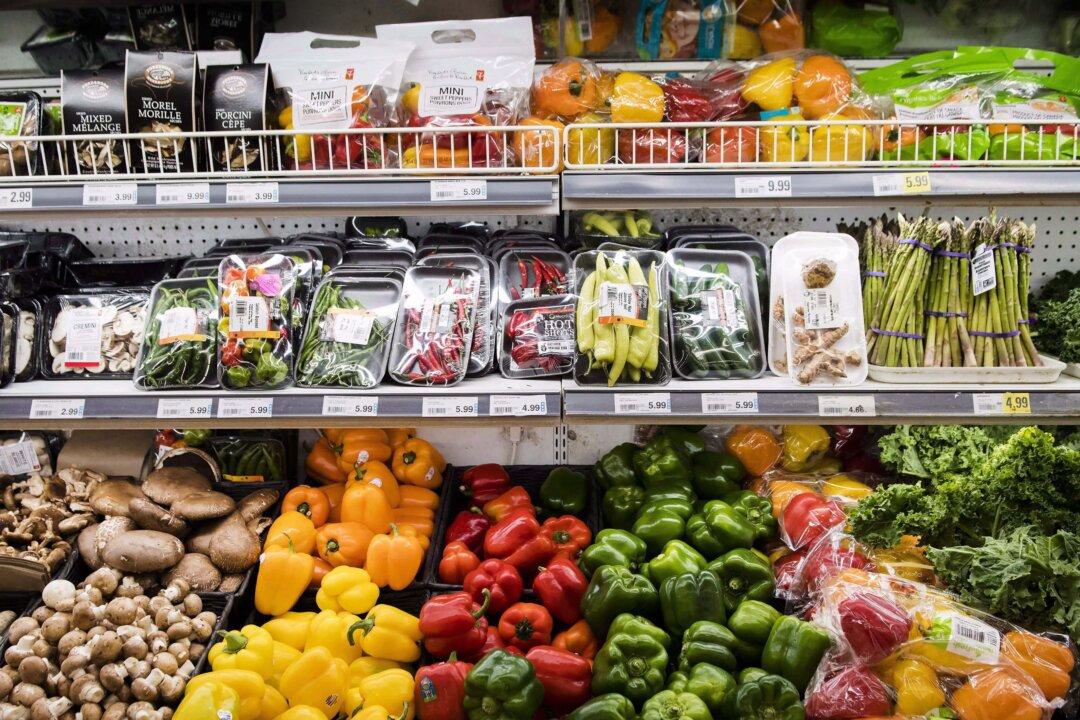A survey on how Canadians are coping with rising inflation found that a vast majority of them, especially those with kids, are worried about putting food on the table.
Conducted by Ipsos on behalf of Global News, the survey finds that 72 percent of Canadian parents are worried about their ability to feed their families, compared to those without children at 57 percent.





